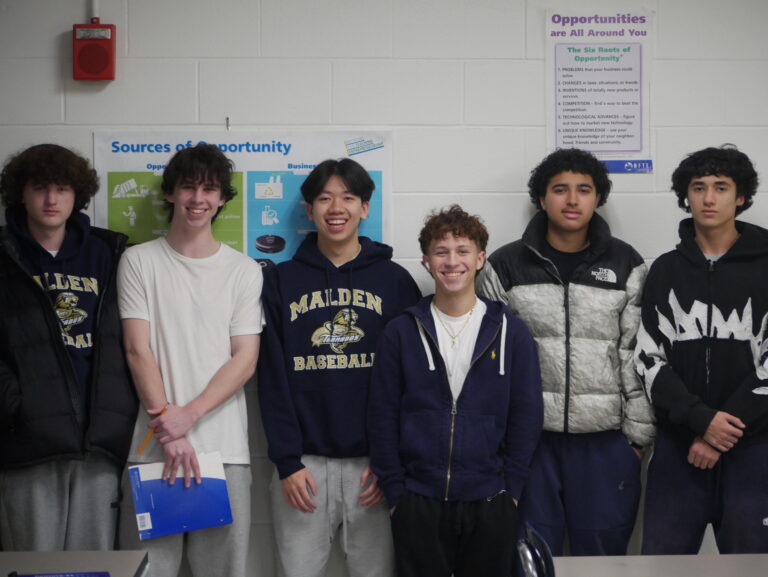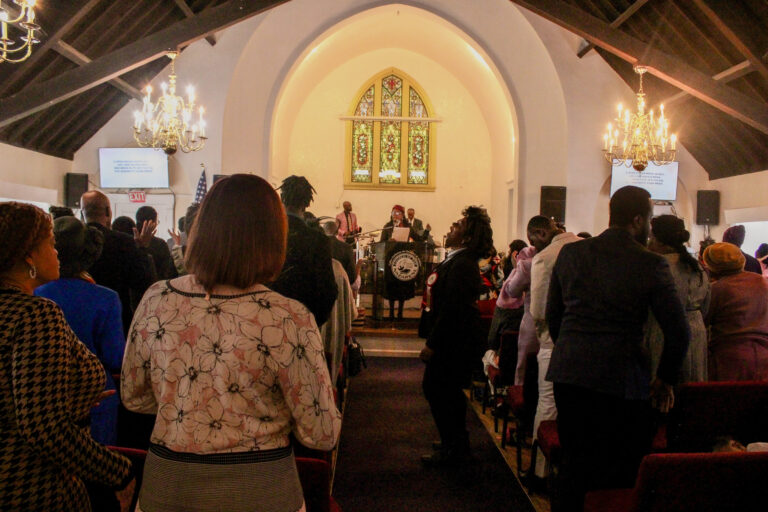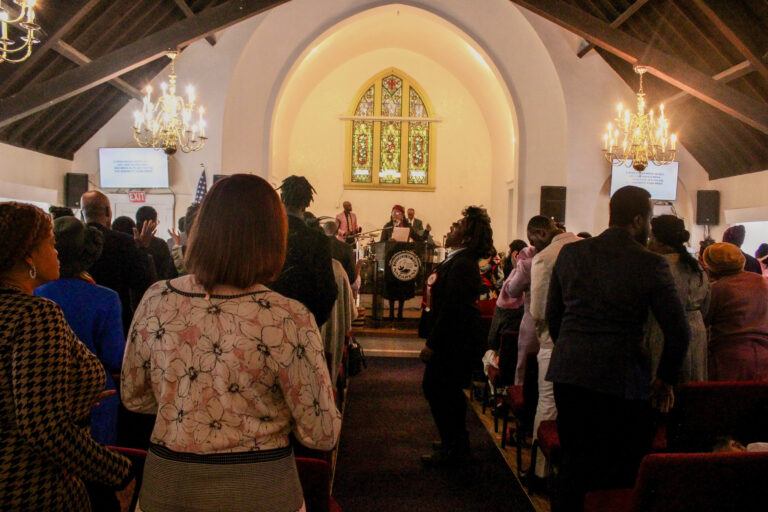“What goes around comes around.”
Aside from being a line to another high-pitched Justin Timberlake song, the phrase has been and still is thrown around quite a lot in today’s society. It is a wonderful concept, no? – putting faith in the belief that if you go out of your way to make a real positive impact in someone’s life, someone will do just the same for you. Or the idea that those who have wronged you will get what is coming to them eventually. Unspeakable universal laws such as these are great comforts to those who like to believe in a higher power, religious or otherwise. But what if I told you that they were just that at best: comforts. What if I told you that the world is very much an unforgiving and unfair place, and more importantly, what if all those wonderful “values” you have been striving for mean as much as dust in the wind?
Look at any paper or coin currency in the world: the bank note itself is worth next to nothing, but yet it holds value. Why? Because everyone who uses it must agree that yes, it is worth that amount. In reality, the object is only worth as much as the paper it is printed on. The same can be said about values such as the ones I listed before. Yes they mean something but really it is only because most people agree that they do. In reality? “Values” that are so promoted by companies and organizations really hold no definite value, and at times hold little value even to those who promote them.
In terms of looking towards colleges, do admissions counselors really care if you are an honest worker? Endless masses of schools will throw in your face that they are looking for more “grit” from their applicants in an effort to attract you; but when it comes down to getting accepted, what is worth more? The GPA and extracurriculars achieved through ruthlessly tearing down others (in the usual Hunger Games fashion that high school competition reaches), or an average student with an above average heart?
The sobering reality in today’s society is that great values are not worth as much as we would all like to believe, and this is a problem. The world favors efficiency over integrity, intellectuality over humanity. You can have the world’s smartest machine, but in the end does it truly make it human? Is it our ability to create technology and rule the world and beyond that makes us who we are, or the ability to actually show compassion for others and favor morality over efficiency? There is no correct answer, no right or wrong, just as there are no definite laws that keep our lives together. Chance is both our best ally and our worst enemy. You may live a life of great deeds and even greater sacrifice, and in the end you may be the one who loses the most. Otherwise you may live a life of vice and manipulation, and you could be rewarded greatly for it. The same is true for the opposite outcomes; good may lead to great, bad may lead to despair.
We all like to believe that all things happen for a reason, but it is fact that the mind twists information with its own psychological bias, turning raw random data into patterns that it thinks exist (a psychological phenomenon referred to as “Pareidolia”.) We may very well be seeing and believing lessons that simply are not there. Horrible things happen to wonderful people, and great prosperity can come to true renegades of our lives. How can we explain that? Was there some cosmic reason that a tragedy had to happen, or did it happen simple because it did?
The former is comforting no doubt, but the latter is a paralyzing insight: that the world is not really within our control. Our whole lives we are taught that we can bend the world to our will, that we can do anything if we work hard enough; such is the “American Dream”. But what if you work the absolute hardest you could have worked, believe more than anything in the world that you can be successful , live a life of charity and good faith in others, but still have the world collapse around you ? What have you done to deserve that? The truth is, many give extraordinary amounts and often receive nothing in return.
Believing in a definite but unspoken law of universal justice is certainly the ideal situation, but we live in a world that is anything but ideal. We rose from a world of chaos and installed our own systems of morality, justice, and integrity. Why? Because the world needed them. And even within our own systems of justice we find injustice, so we must mend the damage done, correct the mistake, and become greater for it. We obsess around the idea of becoming great people, those who can push back against all the evils and injustices in the world. We do this not because we believe in justice but because we have to be justice.
In my eyes, those who are truly “good” in the sense of this ambiguous word are those who strive for these values, those who make a difference, those who look the world in the face and see problems not because of fate but because of mistakes. The people in the world who push for greater things do it because they believe it is right, not because they believe it should be fair. They do this, all the while expecting and sometimes receiving nothing in return. In reality, our values have no real worth. But we can make them have worth.




